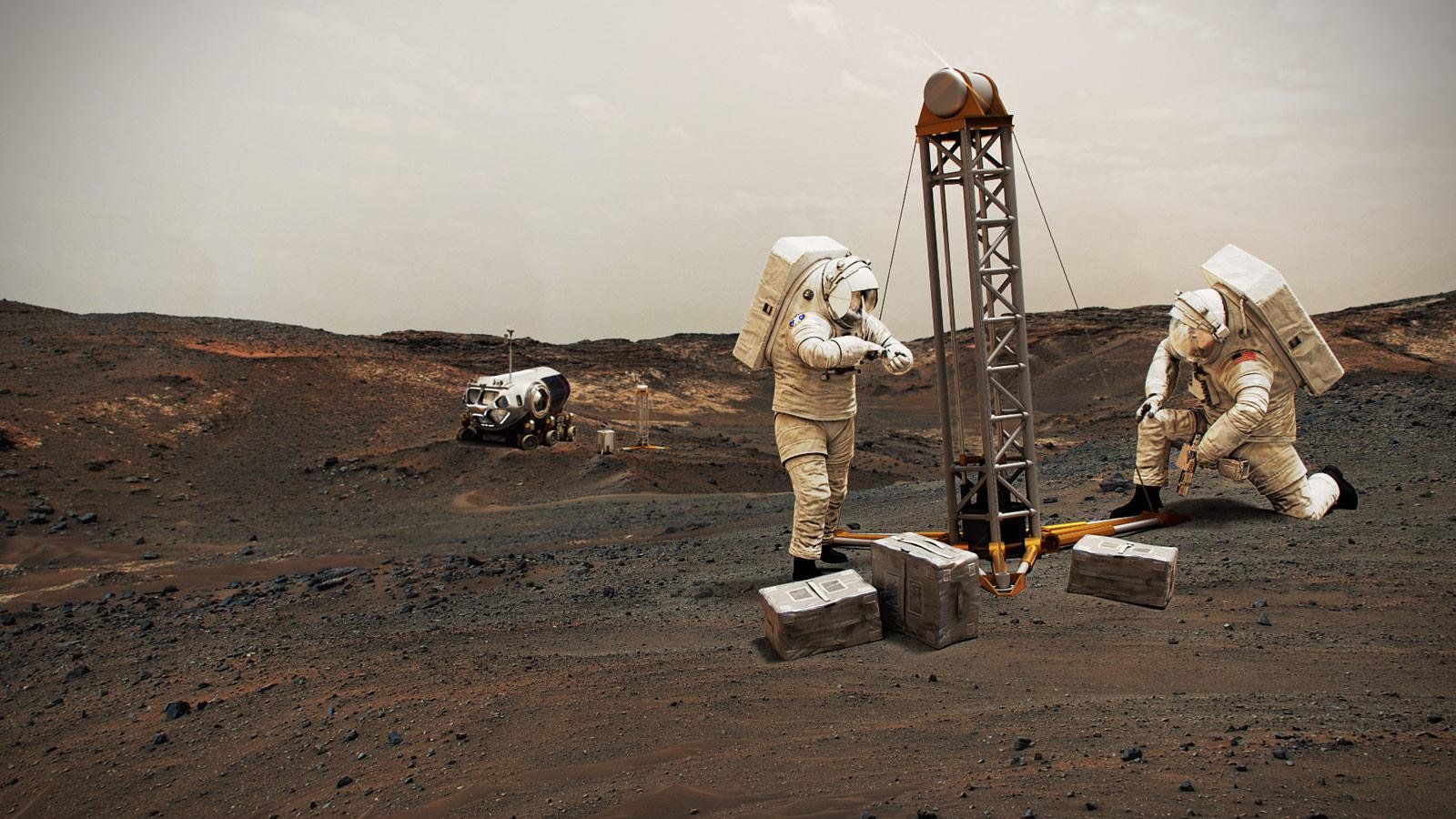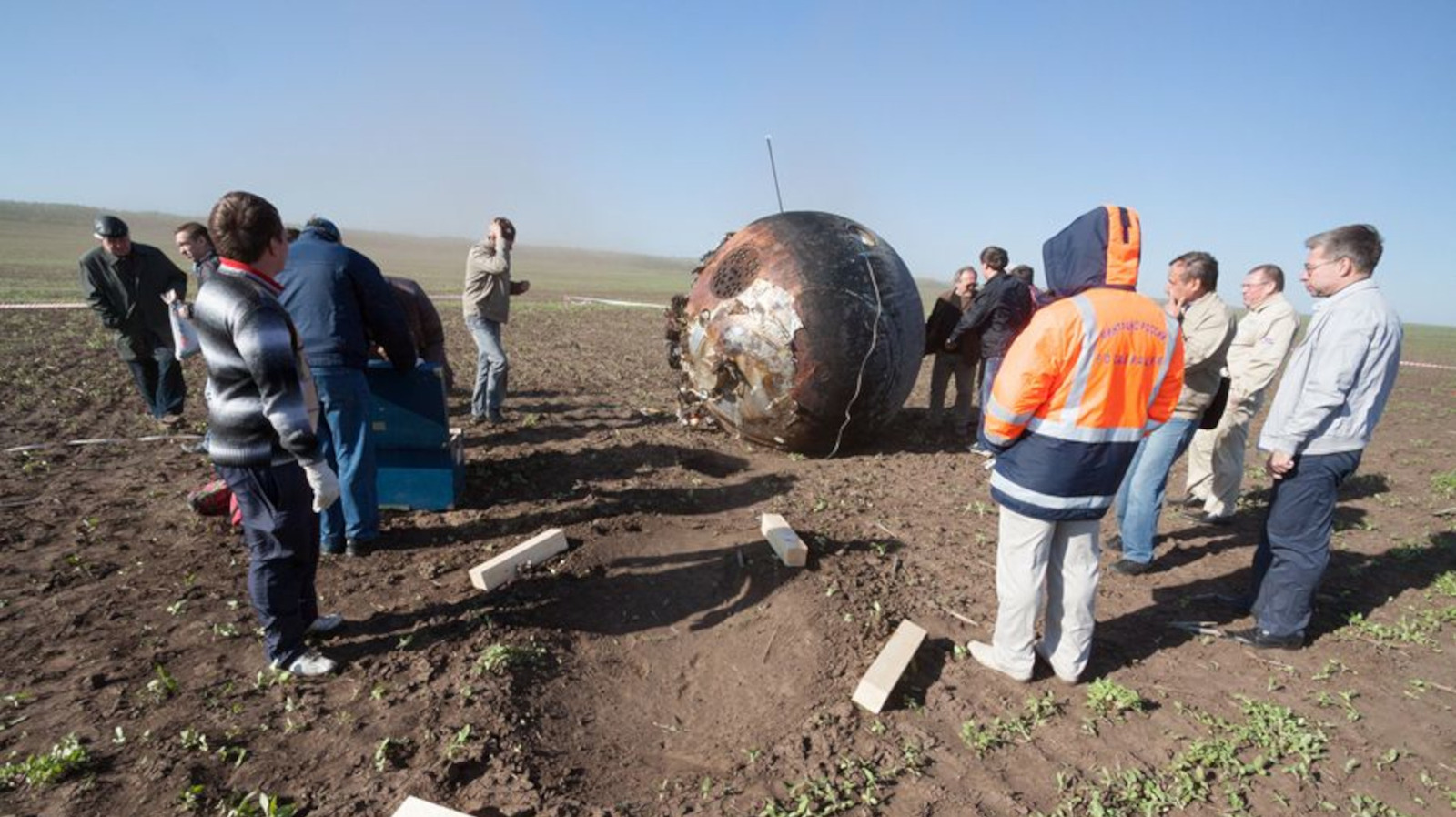
N,N-dimethyltryptamine (DMT) is a potent psychoactive molecule present in the brain and much of the world’s plant life, but it also may be able to save humans from damage in the event of a stroke.
Scientists in Hungary used it to reduce the harmful effects of stroke in animal models and cell culture experiments.
Known to produce life-changing experiences reported to include the perception of dimensional travel, eco-death, encounters with intelligent beings, and the feeling of achieving a universal love with all living things, DMT can be found everywhere in nature, and is in fact produced endogenously in the human pineal gland.
The Hungarian team, led by Professor Mária Deli, Professor Zoltán Nagy, and Dr. Sándor Nardai, found that DMT treatment restored the structure and function of the damaged blood-brain barrier in mice that had suffered a stroke.
It also improved the function of astrocytes, inhibited the production of inflammatory cytokines in brain endothelial cells and peripheral immune cells, and significantly reduced infarct volume and edema formation. The team published these results in the journal Science Advances.
“The therapeutic options currently available for stroke are very limited. The dual action of DMT, protecting the blood-brain barrier while reducing brain inflammation, offers a novel, complex approach that could complement existing treatments,” says Judit Vigh, co-first author of the work.
PSYCHEDELIC RESEARCH:
Since current stroke therapies do not always result in full recovery, a DMT-based treatment may represent a promising new alternative, mainly in combination with existing methods. The recent findings from researchers in Szeged and Budapest support the development of a therapy that goes beyond the limitations of conventional stroke treatment.
Clinical trials have already begun abroad, and investigation on the long-term effects of DMT are currently ongoing, but there is still a long way to go before it reaches everyday medicine.
While most European countries including Hungary consider DMT a hallucinogen and therefore controlled via strict criminal laws, both the Netherlands and Portugal have taken a more open position on DMT and arguably the more well-known ayahuasca, in which DMT is an active ingredient.
Around 800,000 strokes occur annually in the US. 1 in 6 deaths (17.5%) from cardiovascular disease in the most recent data-collected year, were due to stroke. Costs from strokes rose to $56 billion during that year.
SHARE This Fascinating Research Into The Therapeutic Potential of DMT…

